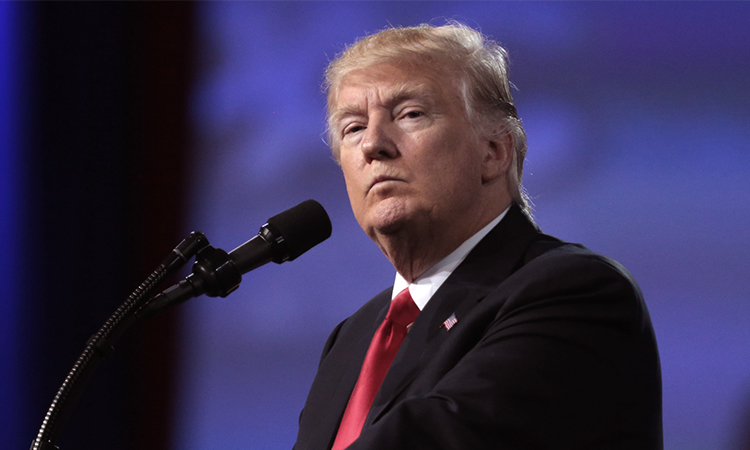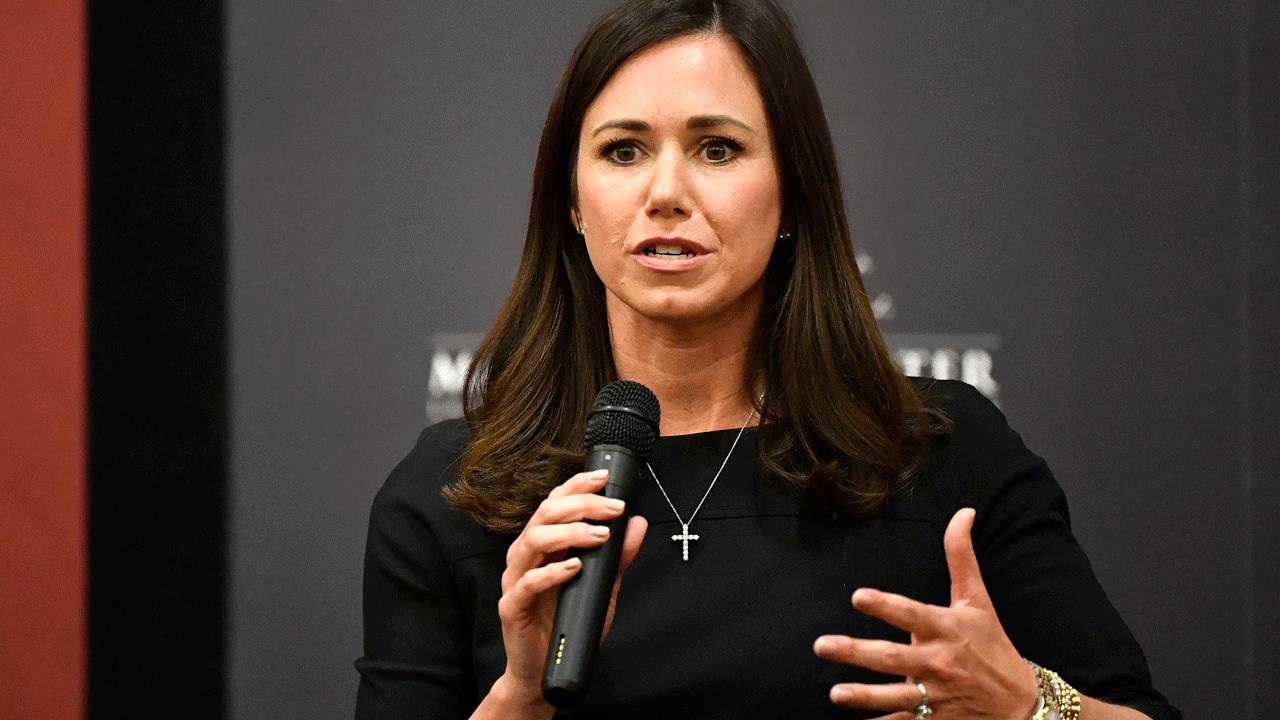Women replied quite differently: 68 percent said Trump does not respect women (24 percent “not much,” 44 percent “not at all”), while 31 percent of women said Trump does respect women (15 percent “a lot” and 16 percent “some”).
Jean Twenge, a professor of psychology at San Diego State University and the author of “Generations: The Real Differences Between Gen Z, Millennials, Gen X, Boomers and Silents and What They Mean for America’s Future,” wrote by email that the question of why there is such a gender divide “is tough to answer,” but she made some suggestions: “It could be that the changes on the left have driven young men away from the Democratic Party. For example, the idea that identities can be divided into ‘oppressor’ and ‘oppressed’ may have alienated some young men.”
Another likely factor, according to Twenge, is:
Fewer young men get college degrees than young women, and in the last 10-15 years the parties have split by education, with more of those without a college degree conservative and Republican. This appears even among high school seniors, where young men who do not plan to attend a 4-year college are 30 percent more likely to identify as conservative than young men who are planning to get a college degree.
Richard Reeves, who wrote the book “Of Boys and Men: Why the Modern Male Is Struggling, Why It Matters and What to Do about It,” argued in a January essay posted on his Substack:
In the centrifugal dynamic of culture-war politics, the more the right goes to one extreme, the more the left must go to the other, and vice versa. The left dismisses biology; the right leans too heavily on it. The left see a war on girls and women; the right see a war on boys and men. The left pathologizes masculinity; the right pathologizes feminism.
In this context, Reeves wrote, “Young men see feminism as having metastasized from a movement for equality for women into a movement against men, or at least against masculinity.”
In an article published in January on the Business Insider website, “The War Within Gen Z,” Daniel A. Cox, director of the Survey Center on American Life at the American Enterprise Institute, wrote:
Something strange is happening between Gen Z men and women. Over the past decade, poll after poll has found that young people are growing more and more divided by gender on a host of political issues. Since 2014, women between the ages of 18 and 29 have steadily become more liberal each year, while young men have not. Today, female Gen Zers are more likely than their male counterparts to vote, care more about political issues and participate in social movements and protests.
Cox noted that “at no time in the past quarter century has there been such a rapid divergence between the views of young men and women,” suggesting that “something more significant is going on than just new demographic patterns, such as rising rates of education or declining adherence to a religion — the change points to some kind of cataclysmal event.”
After interviewing young voters, Cox and his colleagues at the A.E.I. survey center concluded:
Among women, no event was more influential to their political development than the #MeToo movement. In 2017, women around the world began speaking out about their experiences with sexual assault and harassment. Gen Zers were then in high school and college, and for them, the movement came at a formative moment.
But, Cox continued:
While women were rallying together, many Gen Z men began to feel like society was turning against them. As recently as 2019, less than one-third of young men said that they faced discrimination, according to Pew, but today, close to half of young men believe they face at least some discrimination. In a 2020 survey by the research organization P.R.R.I., half of men agreed with the statement: “These days society seems to punish men just for acting like men.”
For a growing percentage of young men, Cox wrote:
Feminism has less to do with promoting gender equality and more to do with simply attacking men. A 2022 survey by the Southern Poverty Law Center found that 46 percent of Democratic men under 50 agreed that feminism has done more harm than good and even more Republican men agreed.
More young men, he added, “are adopting a zero-sum view of gender equality — if women gain, men will inevitably lose.”






